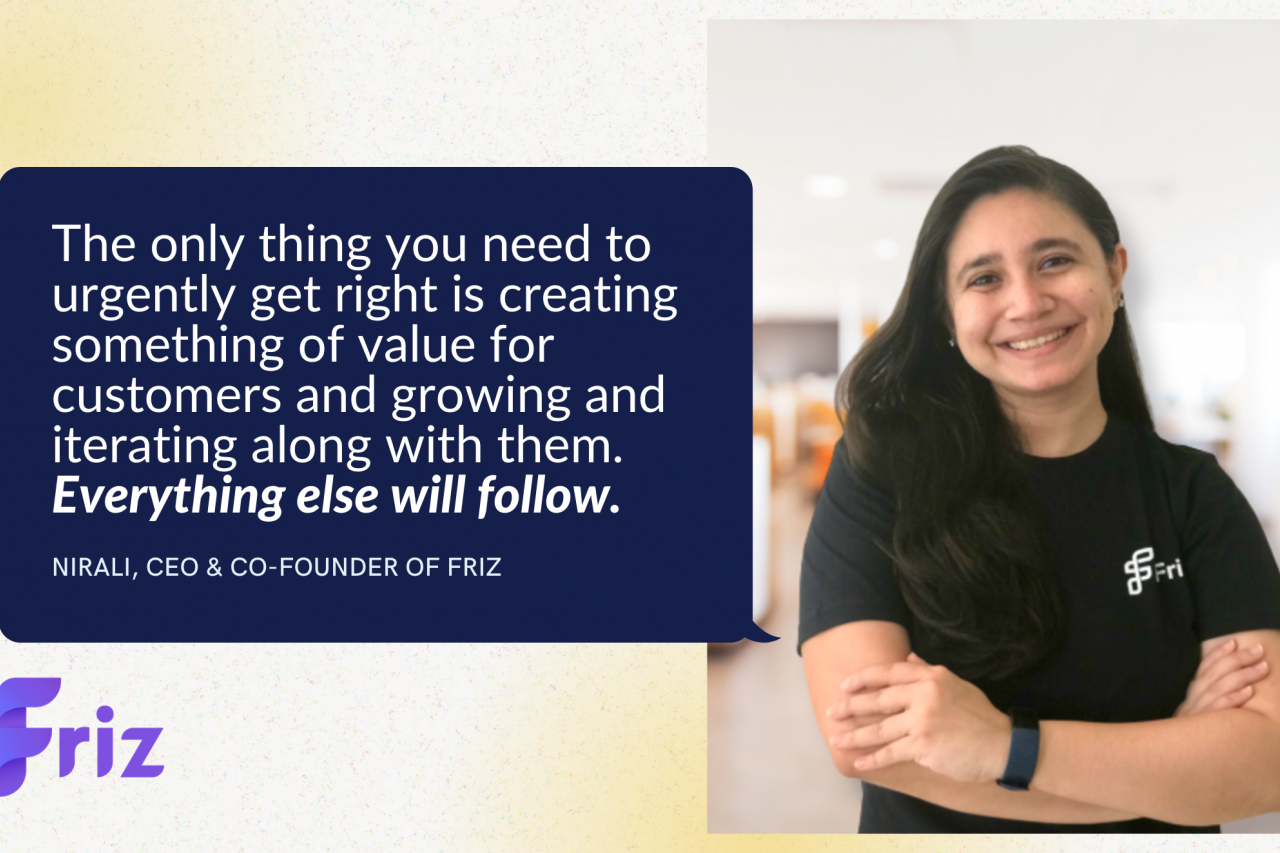Steering Startups: From Adviser to Director [ By Paul Santos & Hau Koh Foo]
Friday Oct 02,2020 | Startup News
Startups are facing hard times and need all the help they can get. Directors with diverse skillsets, good networks, and a strong grounding in corporate governance can steer the company through turbulent times to emerge stronger on the other side of Covid-19.

The startup ecosystem in Southeast Asia has been growing and maturing. According to alternative assets data provider Preqin, there was a record high of 576 venture capital deals done in 2019 in ASEAN, compared with only 232 five years ago. However, the pandemic has hit the startup ecosystem hard. Recently, KPMG reported that private equity and venture capital activity in Asia was sluggish in the first quarter of 2020 and remained suppressed in the second quarter. When capital is easily available, uncompetitive startups can be built and sustained. But when times are tough, and customer and investor dollars are held back, it will be the stronger (and luckier) teams who will survive.
Now, more than ever, venture capitalists will have to work closely with their startups to manage cash flow, streamline operations, improve offerings and find customers. Founders and investors tend to be highly optimistic at their own chances of survival, but an independent director can be an impartial judge of what’s best for the company.
State of corporate governance in startups
It is uncommon to see overlaps between startup boards and publicly listed boards. However, startups would benefit significantly from the diversified professional expertise and network of listed board directors. Early-stage startup boards are usually filled by founders, angel investors and venture capitalists – all of whom have strong ties to the company and are usually part of the broader technology ecosystem.
On the other hand, independent board directors on publicly-listed company boards typically operate in a different mode. They are not involved in the day-to-day operations of the company and have an arm’s length relationship with the company. They may also come from more diversified backgrounds. Startup board directors usually do not receive cash compensation. Public boards, on the other hand, typically have paid, independent directors who bring a wealth of professional expertise.
On startup boards, there is more hands-on guidance required. The board has an oversized influence and can be helpful in areas like scaling, strategy, hiring and fundraising. The board members or advisers here are needed because management teams are usually leaner, and at the same time, the companies themselves are experiencing exponential growth.
Challenges of startup directorship
While sitting on startup boards can be beneficial to both parties, there are a few risks that may deter directors from doing so. Startups often operate on a tight budget and deprioritise compliance due to a lack of resources. A common example is the delay in filing annual returns. This may be concerning for directors who sit on multiple boards. If a director is convicted of three or more filing- related offences within five years, he or she will be disqualified to continue as a director.
Once disqualified, the individual will not be allowed to be a company director nor take part in the management of any local or foreign company for five years. As a result, startups that neglect compliance may cause directors to be disqualified from sitting on other boards, public or private.
In addition, many startups will fail at some point as they are high-risk pursuits to disrupt the incumbents. Common reasons include the inability to pay off their debts, or irreconcilable differences between the founders. These companies will then apply to be struck off by the Accounting and Corporate Regulatory Authority (ACRA). Section 155A of the Singapore’s Companies Act disqualifies an individual from being a director if, within five years, he has served as a director in three or more companies which were struck off. Again, this poses a concern for directors who sit on multiple boards.
Sitting on startup boards also carries reputational risks. Startup founders have a significant influence in the direction and strategy of the company, but the board members are seen as equally responsible for the startup’s performance. A board’s reputation is most acutely on display in times of severe corporate controversy or distress where the board members are put under a public microscope.
Take, for example, Theranos, a once up-and-coming health-tech startup. The firm claimed to have developed blood tests that required minimal amounts of blood and could be performed rapidly using small automated devices. Theranos recruited a stellar board of directors which included senior government officials, military generals and business titans. It was valued at close to US$10 billion dollars at its peak.
However, in 2015, reports emerged, questioning the efficacy of Theranos’ technology. This marked the beginning of Theranos’ fall from grace. In 2018, Elizabeth Holmes, the founder, CEO and majority owner, was indicted for defrauding investors, doctors and patients. Due to the highly public nature of the proceedings, Theranos’ board of directors was similarly put under the spotlight as the allegations mounted.
The case for joining startups
Nevertheless, cases like Theranos are considered extreme. There are good reasons for a director to join a startup board. In the current era where innovation and technology are the main disruptors of public companies and established businesses, knowledge and network in the startup world can be relevant and useful for roles in the public-listed board.
As each board member has a large influence on the trajectory of a startup, one is much closer to the operational aspects of the business, and this brings home how challenging it is to build a potential disruptor.
A director can also facilitate useful collaborations between the startups with innovative services or products with the public companies by tapping their networks. According to the World Economic Forum, startups can enjoy revenue stability, improved branding, a scaleable customer base, and fast routes to markets through collaborations with corporations.
From adviser to director
A middle ground for aspiring startup board members is to be advisers first, and directors later. One could start advising Series B startups and get onto the boards from Series C onwards.
At an early stage, companies may still be validating their business model and product fit to the market. It can be sufficient to help startups check the boxes with informal but regular consultations. This also minimises reputational risk while maximising optionality further down the road as the best startups get validated and grow.
As startups grow, they would also be in a better position to compensate independent directors whether through fees, preferential rights to invest, or sweat equity that now has a tangible value. Aspiring board members can also consider participating in incubators, such as the BIG incubator at the SMU Institute of Innovation & Entrepreneurship (IIE), as mentors. Alternatively, they can volunteer to be on the board of advisers for the incubatee startups convened by IIE.
Guiding the companies of tomorrow
Even as the global pandemic has dampened the world’s economic outlook and with a prolonged recession on the horizon, there is still conviction that the startups of today can become the huge public companies of tomorrow.
Some of the most innovative global technologies were born out of recessions. During the recession of 2008-2009, firms like business communication platform Slack, messaging app Whatsapp, and online eyewear retailer Warby Parker were founded and went through business model changes to pivot for better growth.
Apple also flourished during a tumultuous period. The tech company had to transform itself after the dot-com bubble bust and 9/11 with the iPod. Despite Steve Job’s declining health and the recession in 2009, Apple recorded its best year-end quarter. In 2003, Steve Jobs had taken steps to improve corporate governance, such as adding two independent directors. From early 2003 to January 2006, the price of a share at Apple grew more than tenfold.
Great value can be achieved by businesses that are resilient and founders who are able to remain agile and thrive off hidden insights and opportunities. A reliable, diverse board of directors with independent interests can steer the company forward through turbulent times to emerge stronger and more likely to succeed.
Paul Santos is Managing Partner, Wavemaker Partners, and Hau Koh Foo is Director, SMU Institute of Innovation and Entrepreneurship, Singapore Management University.
This article first appeared in the Q4 2020 issue of the SID Directors Bulletin published by the Singapore Institute of Directors. Link here


